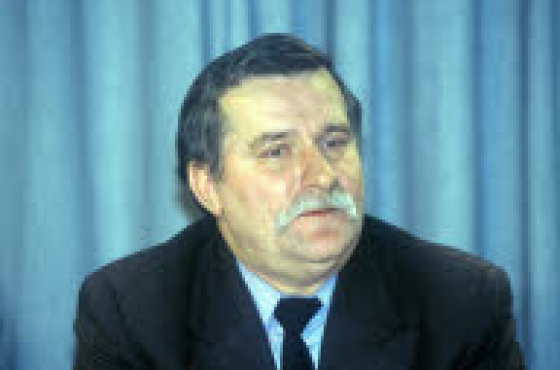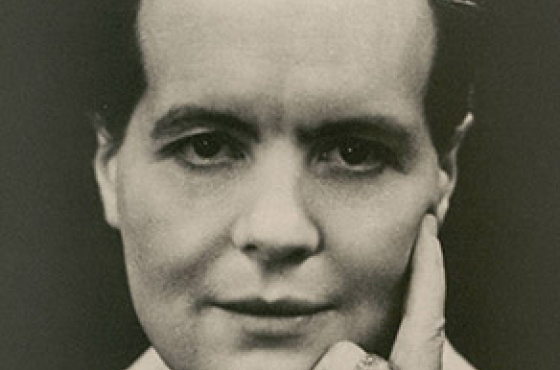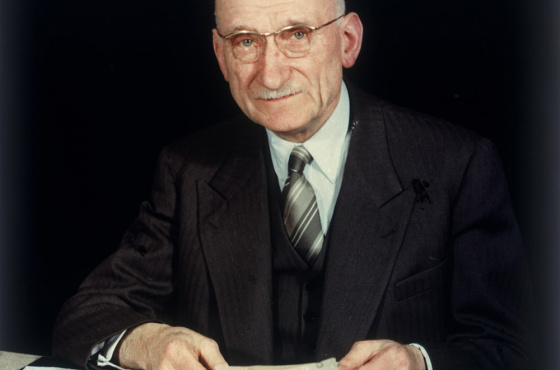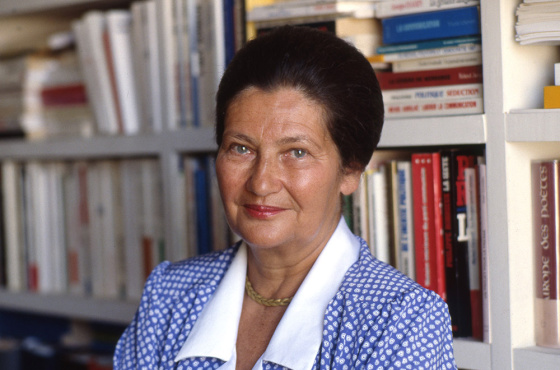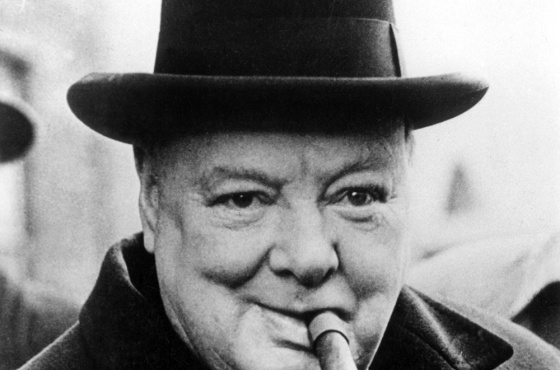Este conteúdo não está atualmente disponível em Português

Leaders and Influencers
Para saber mais europa.eu
Contacte a UE
- Ligue para o 00 800 6 7 8 9 10 11
- Use outros números
- Contacte-nos através do formulário
- Encontre-se connosco num dos centros da UE
Redes sociais
Aviso legal
Instituições da UE
- Parlamento Europeu
- Conselho Europeu
- Conselho da União Europeia
- Comissão Europeia
- Tribunal de Justiça da União Europeia (TJUE)
- Banco Central Europeu (BCE)
- Tribunal de Contas Europeu (TCE)
- Serviço Europeu para a Ação Externa (SEAE)
- Comité Económico e Social Europeu (CESE)
- Comité das Regiões Europeu (CR)
- Banco Europeu de Investimento (BEI)
- Provedor de Justiça Europeu
- Autoridade Europeia para a Proteção de Dados (AEPD)
- Comité Europeu para a Proteção de Dados (CEPD)
- Serviço Europeu de Selecção do Pessoal das Comunidades Europeias
- Serviço das Publicações da União Europeia
- Agências
